Introduction
Anorexia nervosa, often simply called anorexia, is a serious eating disorder that can have life-threatening consequences. It most commonly develops during adolescence, a time of major physical and emotional changes. Teenagers facing social pressures, body image concerns, and emotional struggles may be especially vulnerable. As a parent, understanding the signs of anorexia and knowing how to respond can make a profound difference in your child’s recovery and overall well-being.
What is Anorexia Nervosa?
Anorexia is a psychological eating disorder characterized by:
- An intense fear of gaining weight
- A distorted body image
- Extreme restriction of food intake
- Excessive weight loss
Despite being underweight, individuals with anorexia often see themselves as overweight. It’s not just about food—it’s often about control, anxiety, self-worth, and emotional pain.
Signs and Symptoms to Watch For
Anorexia may develop gradually, making it hard to notice at first. Here are some physical, emotional, and behavioral signs parents should watch for:
Physical Signs:
- Noticeable weight loss
- Fatigue and dizziness
- Cold hands and feet
- Loss of menstruation (in girls)
- Hair thinning or loss
- Dry or yellowish skin
Emotional & Behavioral Signs:
- Obsession with food, calories, and dieting
- Skipping meals or eating very small portions
- Avoiding family meals
- Excessive exercise
- Withdrawal from friends and social events
- Low self-esteem and frequent negative comments about body
Why Teens Are at Risk
Teenagers are especially vulnerable to eating disorders due to:
- Peer pressure and bullying
- Social media influences promoting thin ideals
- Academic or performance stress
- Family issues or trauma
- Genetic and psychological predisposition
How Parents Can Help Prevent Anorexia
✅ 1. Encourage Body Positivity
- Avoid criticizing your own or others’ weight.
- Promote healthy, realistic body images.
- Celebrate strengths, not appearances.
✅ 2. Build a Healthy Relationship with Food
- Avoid labeling food as “good” or “bad.”
- Model balanced eating habits.
- Involve teens in meal planning and preparation.
✅ 3. Foster Emotional Communication
- Create a safe space for your teen to share feelings.
- Ask open-ended questions and listen without judgment.
- Acknowledge their pressures without minimizing them.
✅ 4. Monitor Media Influence
- Help your teen understand that social media often shows unrealistic, edited bodies.
- Encourage digital literacy and critical thinking.
✅ 5. Be Alert, Not Controlling
- Be watchful of warning signs without being intrusive.
- Keep the focus on health, not weight or appearance.
What To Do If You Suspect Anorexia
🩺 1. Start the Conversation
Approach your teen with care:
“I’ve noticed you’ve been eating less and seem stressed. I’m concerned about your health and want to help.”
Avoid blame, threats, or accusations.
🧠 2. Seek Professional Help
Anorexia is a complex mental health disorder that often requires a multidisciplinary approach:
- Medical doctor: to assess and manage physical health.
- Therapist or psychologist: for cognitive behavioral therapy (CBT) and emotional support.
- Dietitian: to rebuild a healthy relationship with food.
🏥 3. Consider Family-Based Treatment
Approaches like the Maudsley Method involve the family in recovery, empowering parents to support their child’s eating and healing.
Recovery is Possible
While anorexia can be extremely serious, early intervention greatly improves outcomes. Recovery is not just about gaining weight—it’s about healing the mind, building self-worth, and restoring joy in life.
Final Thoughts for Parents
Your love, patience, and involvement can be the turning point in your teen’s battle with anorexia. Stay informed, stay supportive, and remember—you’re not alone. Many families have walked this path and found hope and healing.
Helpful Resources
- National Eating Disorders Association (NEDA): nationaleatingdisorders.org
- BEAT Eating Disorders (UK): beateatingdisorders.org.uk
- Child Mind Institute: childmind.org
ABOUT THE AUTHOR
Dr. Nora West is a highly skilled MBBS doctor with a special interest in women’s health and patient education. She is dedicated to providing compassionate care and believes in building strong doctor–patient relationships based on trust and understanding. Dr. Nora focuses on empowering her patients with the knowledge they need to make informed decisions about their health. She is particularly passionate about preventive medicine, nutrition, and lifestyle interventions that can significantly improve quality of life. Known for her warmth and professionalism, Dr. Nora combines evidence-based medicine with a personalized approach, ensuring every patient feels supported on their journey to better health.
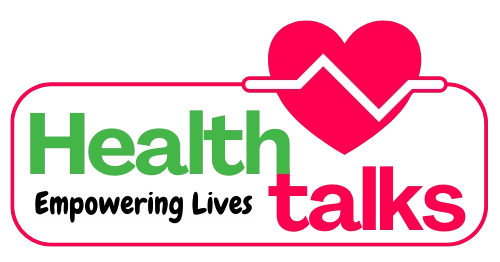
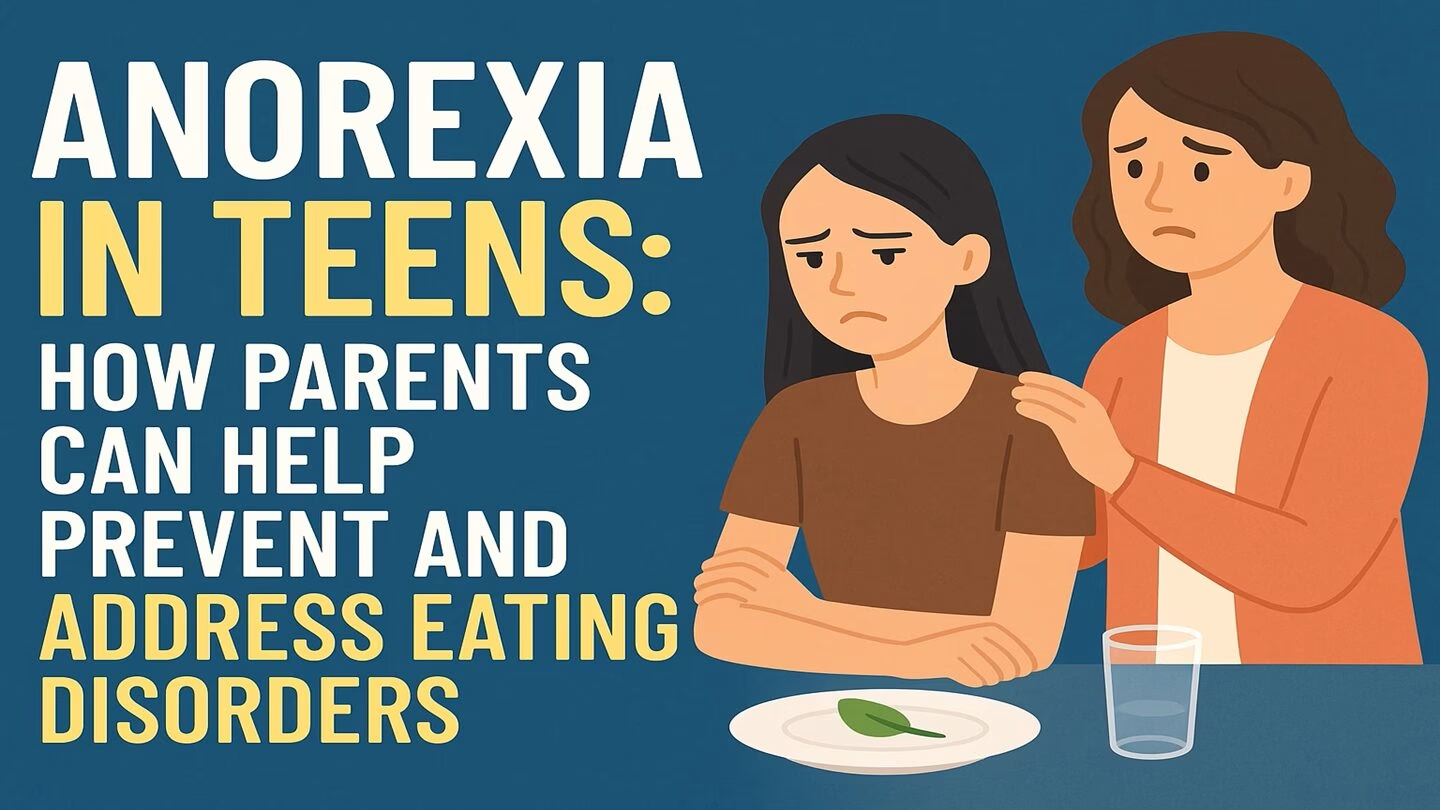
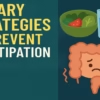
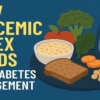
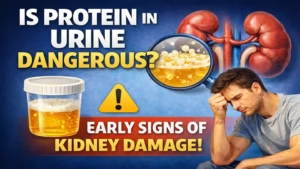

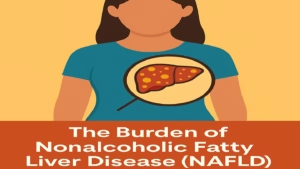

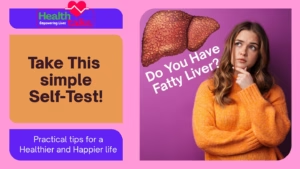

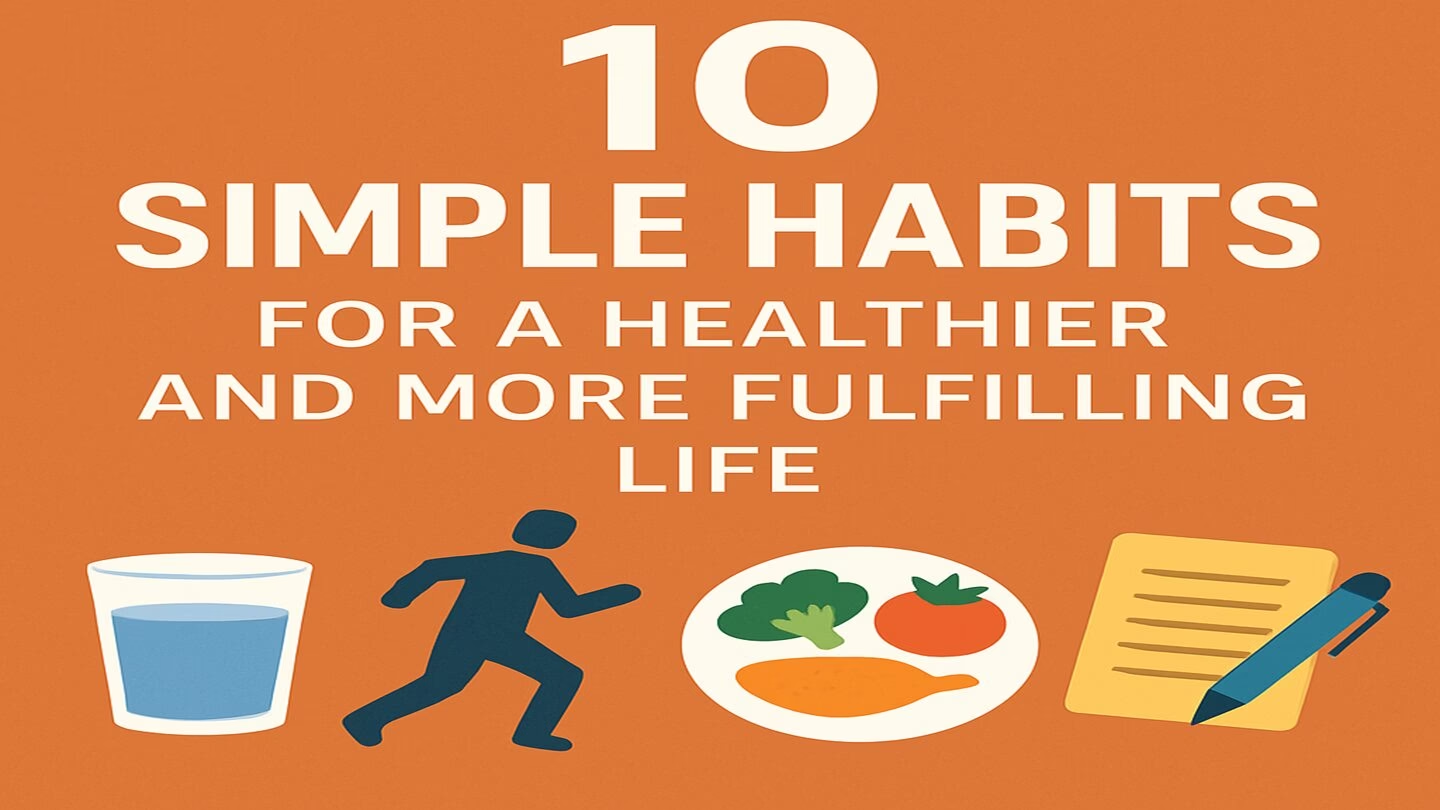
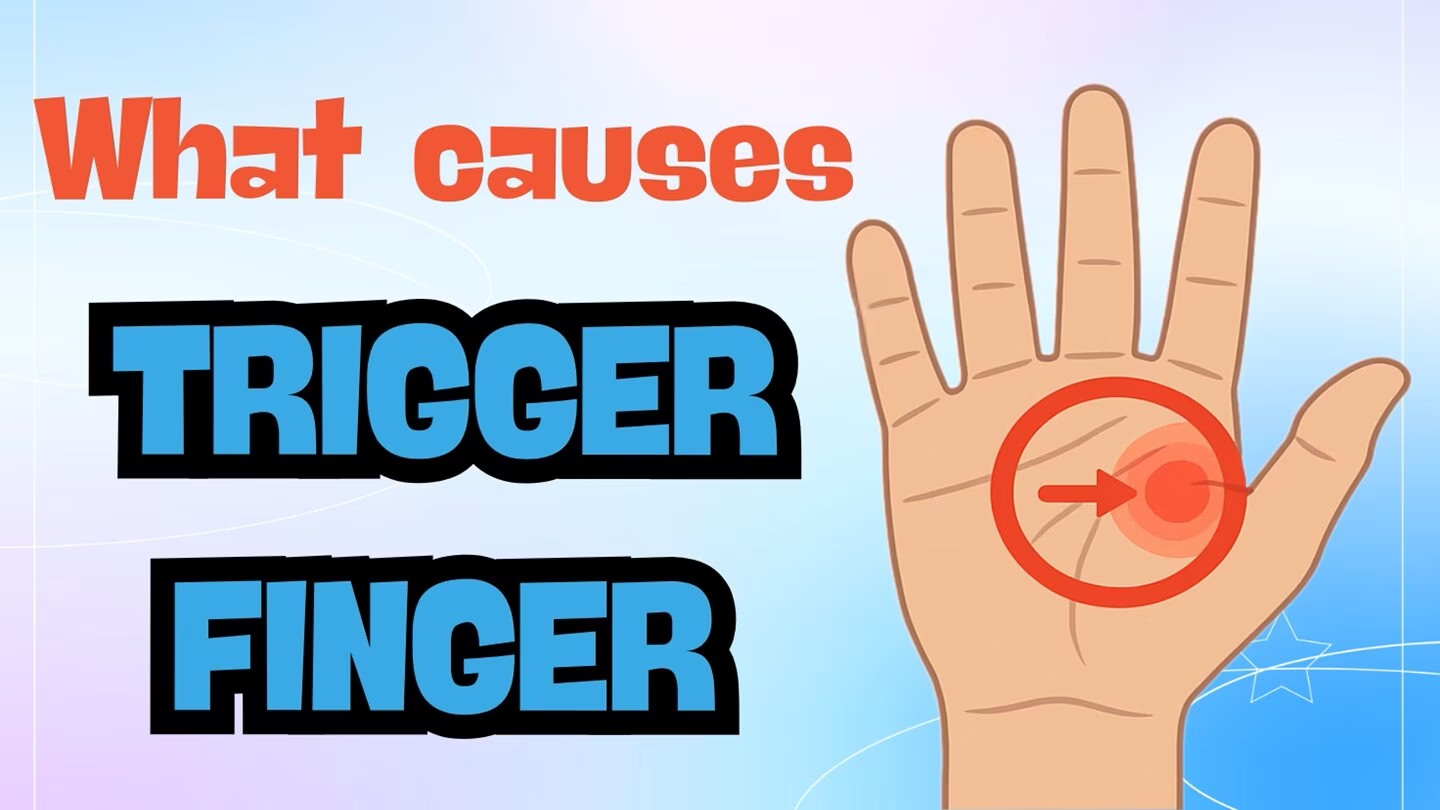
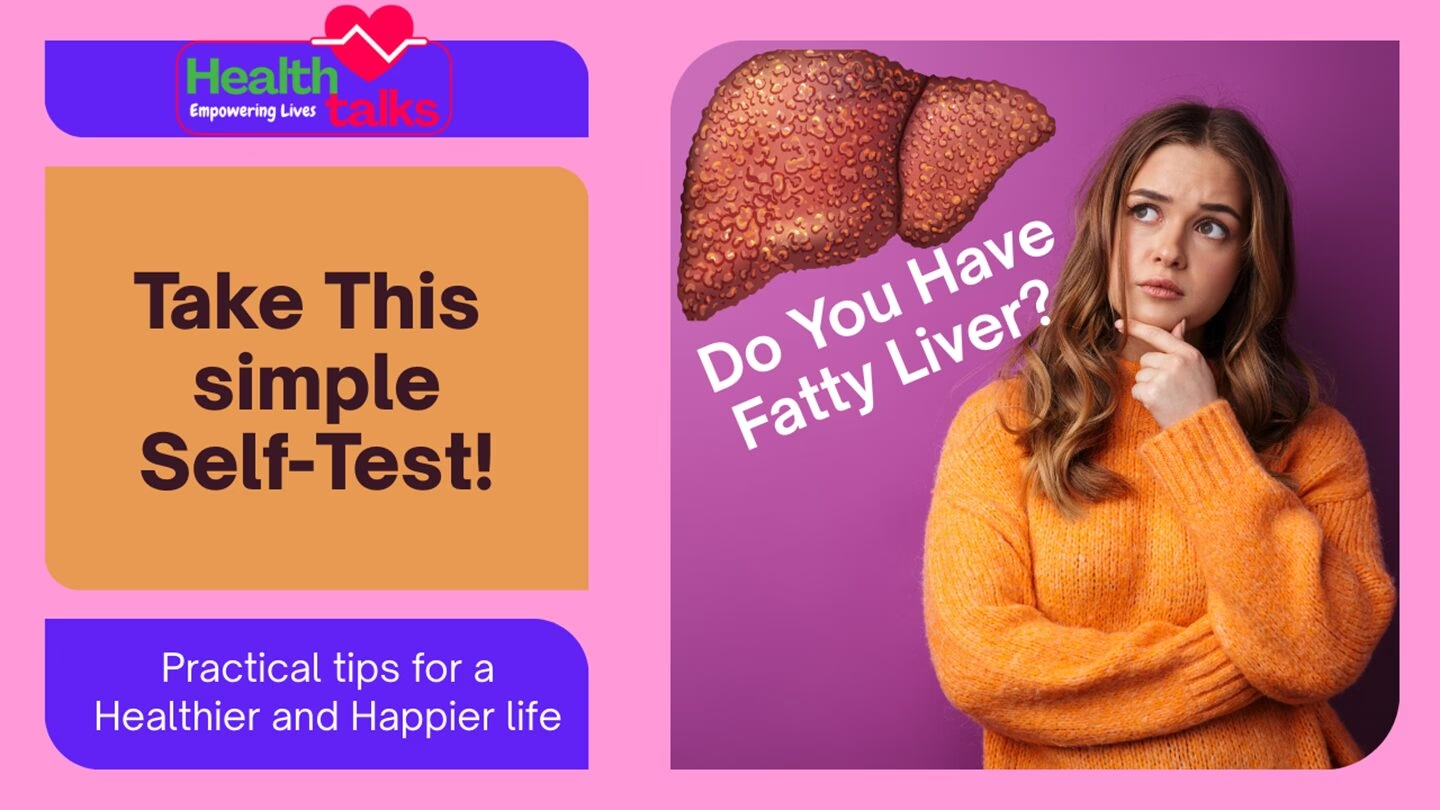
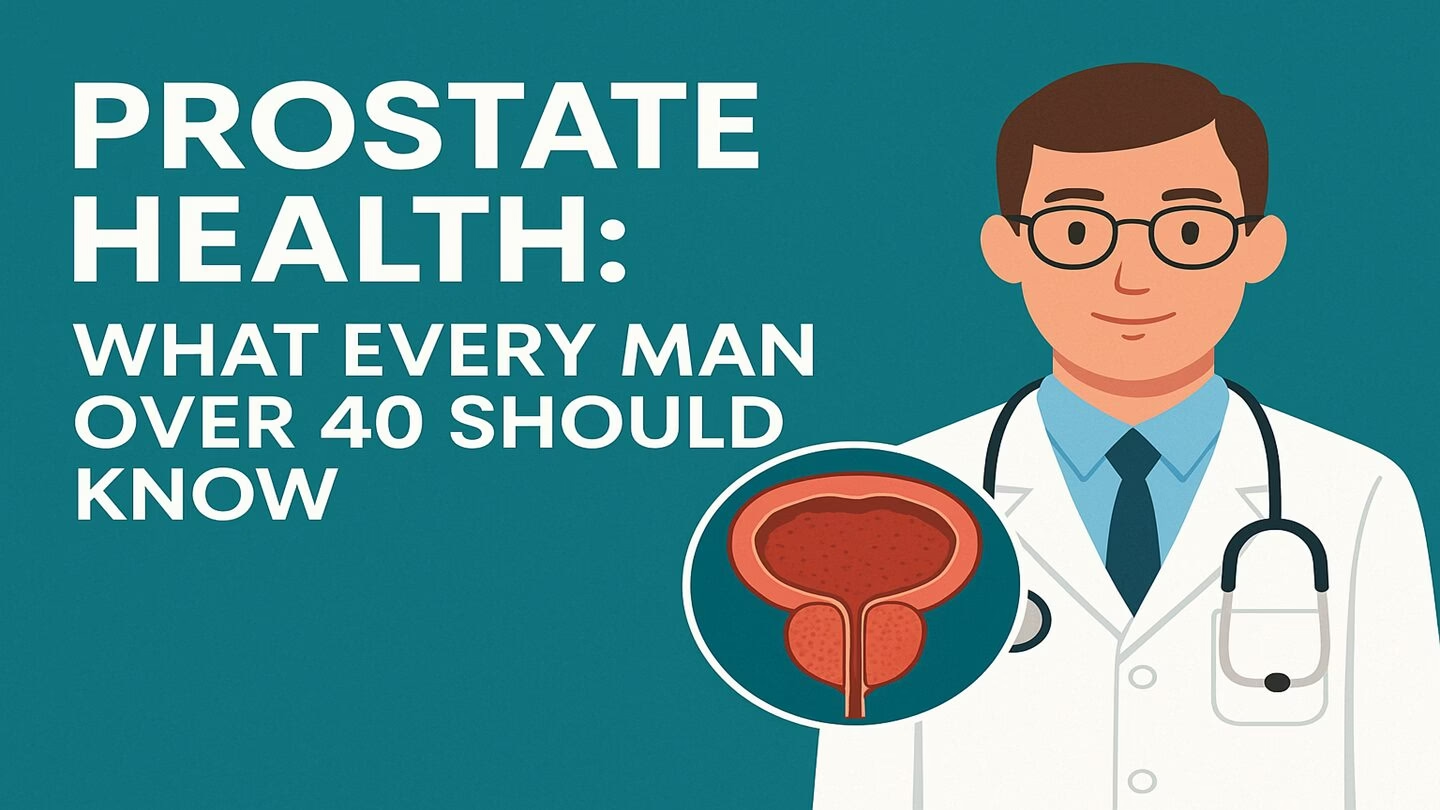
Add comment